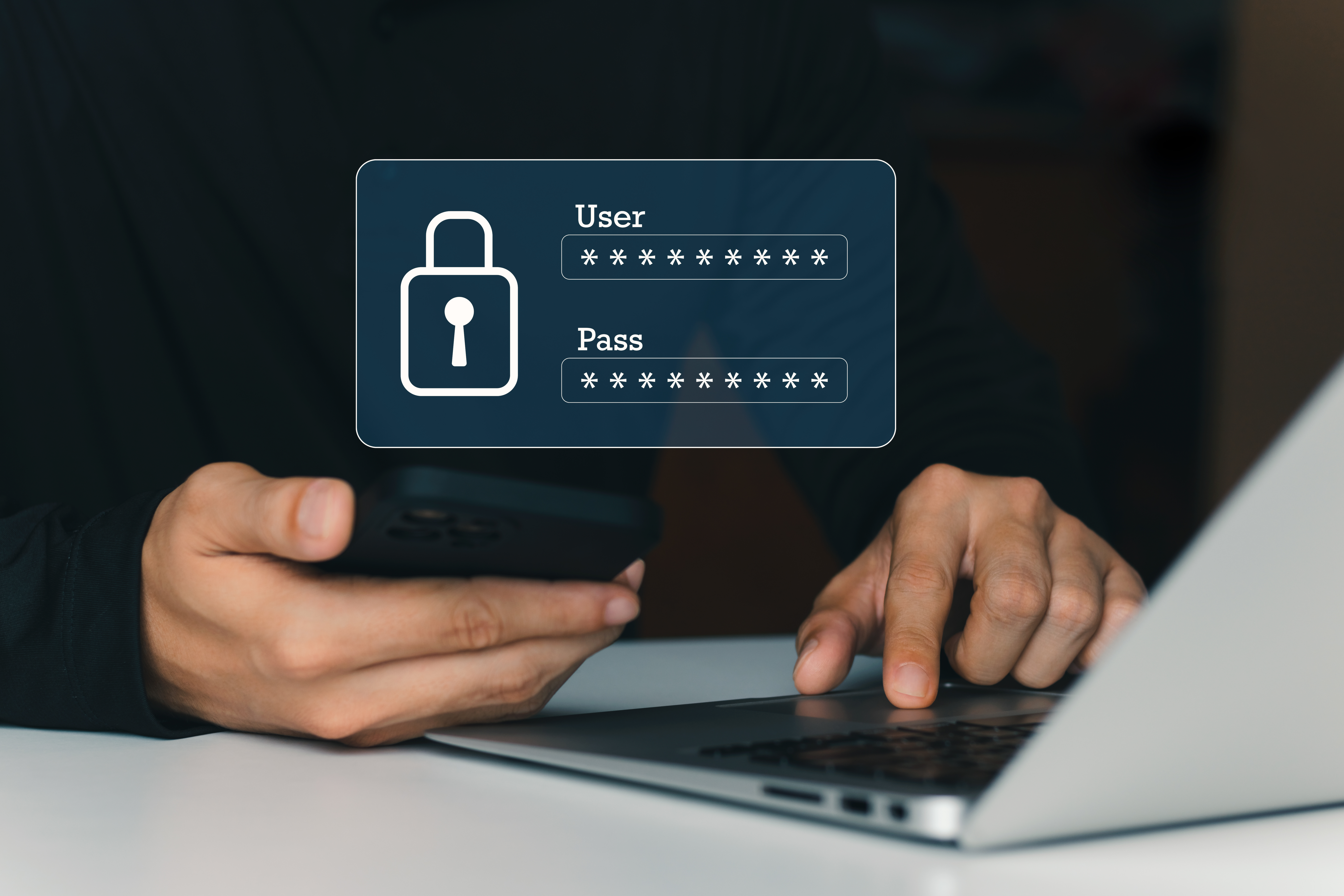The clock is ticking for contact centers. By the end of March 2025, PCI 4’s future-dated requirements will mandate that multi-factor authentication (MFA) is implemented across all access points into the network and Cardholder Data Environment (CDE). Whether it’s agents logging in remotely, vendors accessing systems, or admins managing operations, MFA will become a universal requirement across every endpoint in the contact center.
This shift is especially critical for work-at-home agent (WAHA) models, which many contact centers adopted during the pandemic. While WAHA has become more secure and efficient over time, PCI 4 introduces new, stricter security standards that add layers of complexity to managing remote teams. Let’s explore what this means for your operations—and your bottom line.
The New MFA Standards for Contact Centers
PCI 4 Requirement 8.4.2: MFA for CDE Access
The Payment Card Industry Security Standards Council (PCI SSC) has made one thing clear: MFA must be used for all access to the CDE.
Here’s what this means in practice:
- If an individual connects to the network via remote access (e.g., VPN), they must complete an MFA challenge.
- If that same individual accesses the CDE, they must complete another MFA challenge—even though they’ve already authenticated into the network.
- If additional applications or systems are accessed, MFA must be completed again, ensuring no shortcuts are taken.
This effectively eliminates the assumption that passing one MFA challenge grants access to everything. Every step into the network, CDE, or related applications now requires an independent completion of MFA.
PCI 4 Requirement 8.4.1: No Single Authentication Factor for Admin Access
Administrative access to the CDE is explicitly barred from relying on single-factor authentication. This applies across the board for all privileged users. Additionally, PCI SSC has noted that using one factor twice (for example, using two separate passwords) is not considered multi-factor authentication.
Check out this blog for a full breakdown of PCI 4 Requirement 8 on MFA for Network Access.
The Challenge: Security Friction
On paper, these changes seem straightforward, but in practice, they create significant security friction—the operational slowdown caused by increased authentication demands.
- Increased MFA Challenges
Agents will face multiple MFA prompts daily:- Logging into the VPN.
- Accessing the CDE.
- Entering job-critical applications.
- Time Impact on Operations
For every 100 agents, thousands of minutes will be spent on monthly MFA challenges. This lost time translates into fewer calls handled and reduced overall efficiency. - Helpdesk Overload
Each additional MFA interaction increases the likelihood of login errors, account lockouts, and frustrated agents. IT support teams will face more tickets, straining resources and driving up costs.
A Path Forward: Simplifying MFA Compliance Without the Friction
To meet PCI 4 requirements without sacrificing productivity, contact centers need an MFA solution that balances security and usability. Traditional MFA solutions, such as hardware tokens or SMS-based authentication, are not designed to handle the scale and complexity of contact centers.
The Solution: Behavioral MFA by Twosense
Twosense Behavioral MFA offers a PCI-compliant solution tailored to the unique needs of contact centers. Here’s how it works:
- Invisible Authentication
- Twosense authenticates users based on behavioral—how they type, move the mouse, and interact with their systems.
- This creates a trust score that runs in the background, continuously authenticating agents without manual input.
- Continuous Identity Verification
- Once authenticated, agents remain verified throughout the day, eliminating repeated MFA challenges after session timeouts or for switching applications.
- Suspicious activity, a behavioral mismatch, is flagged in real-time, improving security without disrupting workflows and enabling IT to take immediate action.
- Simple, Hardware-Free Deployment
- No hardware tokens or enrollment processes are required.
- Twosense’s lightweight software agent can be installed in three steps, making deployment seamless and scalable across large contact center teams at 2.5x less cost than hard tokens.
Benefits for Contact Centers
- Lower Costs: Eliminate expenses related to hardware tokens, SMS authentication, and IT support for login issues.
- Enhance Security: Continuous monitoring ensures compliance with PCI 4 standards while proactively identifying and preventing threats.
- Reduce Downtime: Agents spend less time authenticating and more time assisting customers.
Conclusion
The upcoming future-dated PCI 4 requirements demand more than just compliance—they require a rethink of how contact centers approach authentication. While traditional MFA solutions can create operational headaches, Twosense Behavioral MFA offers a secure, cost-effective alternative designed specifically for contact centers.
With Twosense, you can meet PCI 4 requirements for MFA everywhere without slowing down your business.



